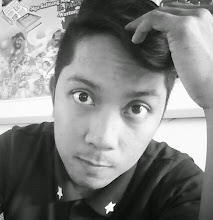It has been a nature of the child to be
curious with his/her surroundings. Inquisitive as they are, they are fan of
asking “How did it happen, what makes it possible to do that, or why did it
happen that way?” In these cases, there is a need to satisfy the craving for
knowledge for learning to occur.
In
many different ways, we tend to ask the same questions as the children do. Upon
asking, we are likely to seek for the right answer as much as possible. But
young as the mind of a child is, if we are asked with childish but intelligent
questions such as, where did the rain come from, we find difficulty in explaining
the correct science concept to them. Our reaction sets off the tone of
children’s learning. While we don’t to know all the answers, we try to support
their curiosity by telling them stories which in some times create
misconception in the world around us. During these times, there is an interaction
between their experiences and their reflexes or behavior-patterns. Piaget then
called it as schemata. He suggested that through processes of accommodation and
assimilation, individuals construct new knowledge from their experiences. When
individuals assimilate, they incorporate the new experience into an already existing
framework without changing that framework. This may occur when individuals'
experiences are aligned with their internal representations of the world, but
may also occur as a failure to change a defective understanding; for example,
they may not notice events, may misunderstand input from others, or may decide
that an event is an accident and is therefore unimportant as information about
the world.
In contrast, when individuals' experiences
contradict their internal representations, they may change their perceptions of
the experiences to fit their internal representations. According to the theory,
accommodation is the process of reframing one's mental representation of the
external world to fit new experiences. Accommodation can be understood as the
mechanism by which failure leads to learning: when we act on the expectation
that the world operates in one way and it violates our expectations, we often
fail, but by accommodating this new experience and reframing our model of the
way the world works, we learn from the experience of failure, or others'
failure.






0 comments:
Post a Comment